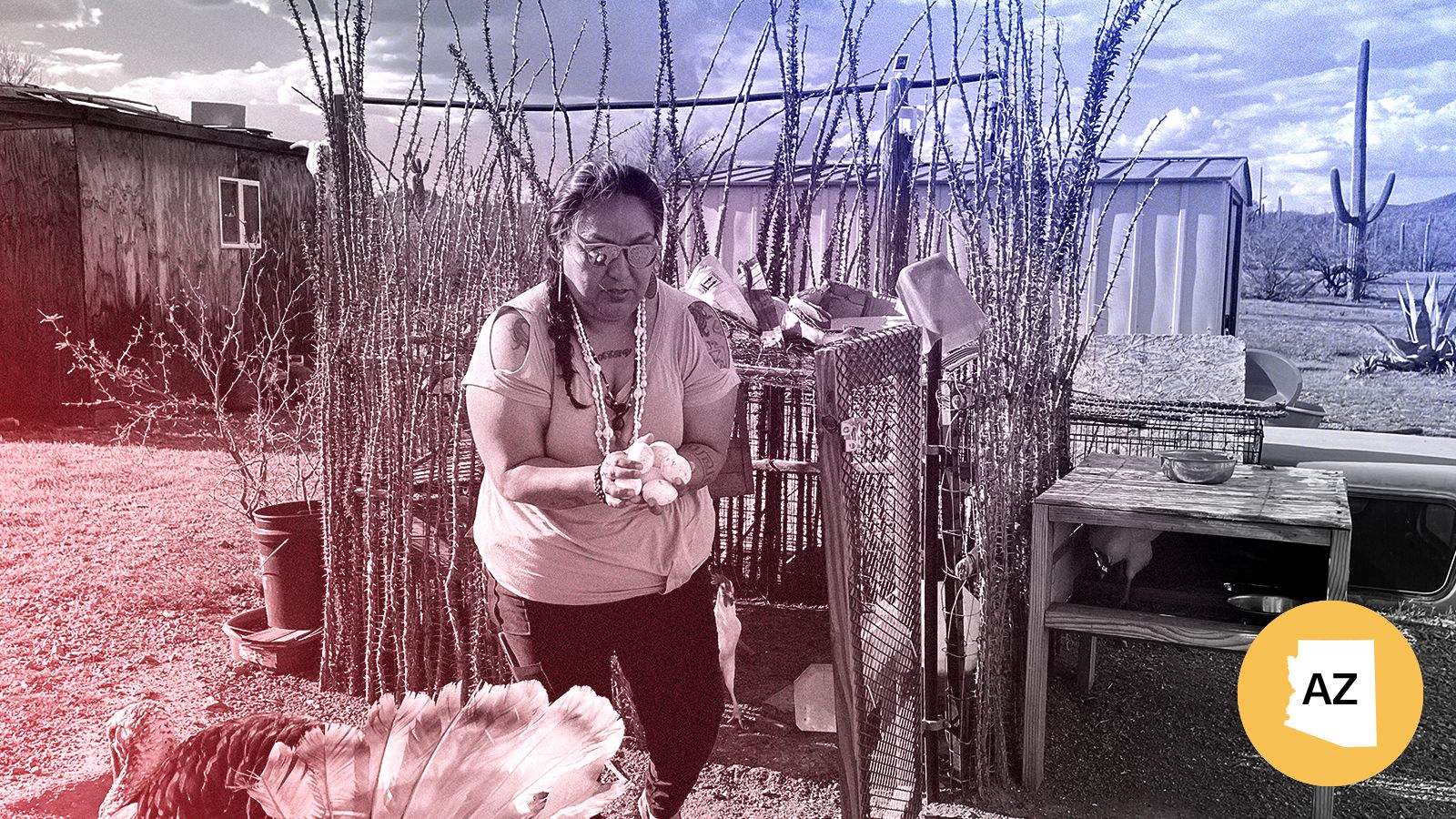For over four decades, David’s Western Wear, a stone’s throw from the Nogales pedestrian crossing, has been a beloved shopping destination for customers from both the United States and Mexico. David Moore, the store owner, reveals that prior to the Covid-19 border lockdown, 99% of his clientele hailed from Mexico. Today, that figure stands at 70%, largely due to the increased difficulty of cross-border travel.
Further down Morley Avenue, towards the border, stands Kory’s Bridal, the first business one encounters when crossing from Mexico to Arizona. Evan Kory, the proprietor, acknowledges the significant role their Mexican neighbors play in supporting the local economy. However, he laments the current challenges posed by the more stringent border crossing procedures.
These narratives from Arizona offer a unique perspective on the 2024 campaign, as seen through the eyes of voters in a state that turned blue in the 2020 election. Immigration and border issues, a staple of Donald Trump’s rhetoric, have been a top concern in all seven states visited by CNN. Yet, in Arizona, the issue is not just political, but personal.
Moore and Kory, for instance, frequently dine at their favorite restaurants in Mexico. Their views on border and immigration issues diverge from the polarized narratives often presented on cable news. They call for more nuanced, solution-oriented discussions rather than divisive slogans.
Moore, a registered Republican, supports the border wall and advocates for more Border Patrol personnel to expedite legal crossings. However, he criticizes the current asylum process, which he believes has led to an increase in border encounters under the Biden administration. Despite his party affiliation, Moore plans to vote for Biden, as he did in 2020, due to his distaste for Trump’s divisive language on immigration.
Similarly, Kory, a Democrat, expresses frustration with both Trump’s rhetoric and Democrats who oppose increased funding for border security. He advocates for a balanced approach to address the complex issue of border security and immigration.
Despite the political rhetoric, both Moore and Kory agree that the border is in crisis and that increased security would be beneficial. However, they view the political discourse as alarmist and exaggerated.
Further down the border, in the Tucson Sector, Faith Ramon shares her story of smuggling migrants due to financial desperation. After a felony conviction, she turned her life around and now plans to vote for Biden in the upcoming election, citing his climate policies and her opposition to Trump’s border wall.
As the 2024 election approaches, the political landscape in Arizona remains complex. Voters like Melissa Cordero, an Air Force veteran who voted for Trump in 2020, are reconsidering their options. Cordero, now working for a conservation nonprofit, cites her evolving political views and personal experiences as reasons for her shift in political allegiance.
Ray Flores, a local restaurant owner, voices his frustrations with the current immigration system, particularly the burdens it places on employers. Like many others, Flores is dissatisfied with both major party options, highlighting the need for a middle-of-the-road candidate who can effectively address the state’s pressing issues.

